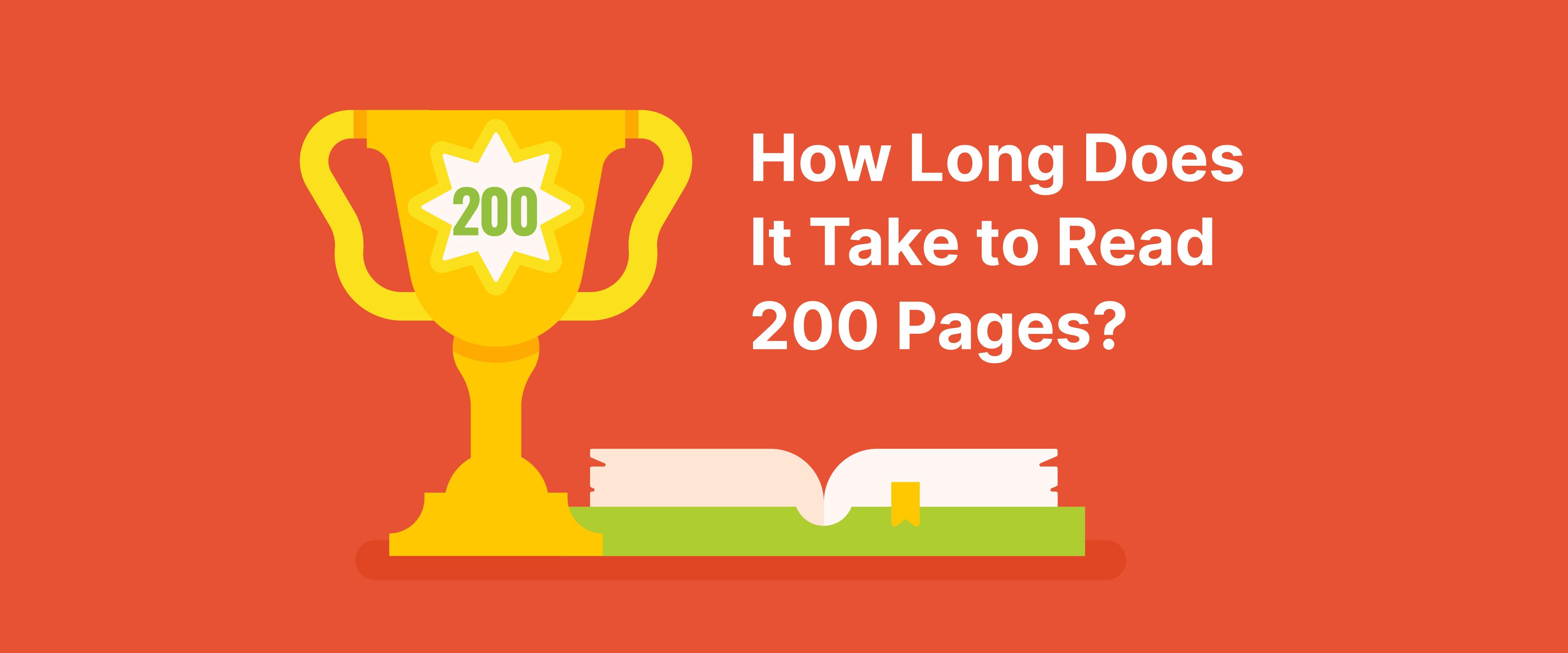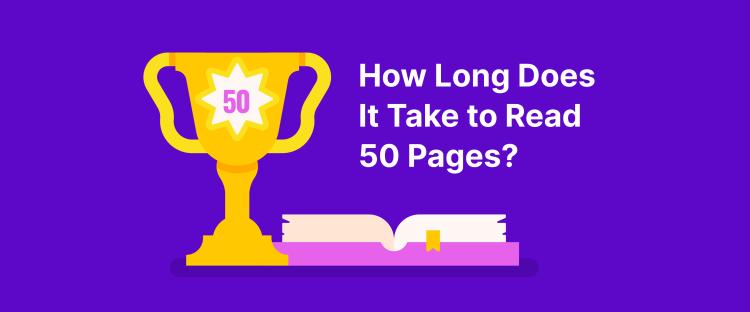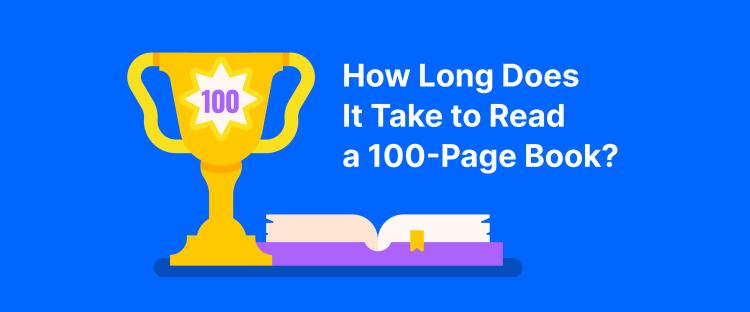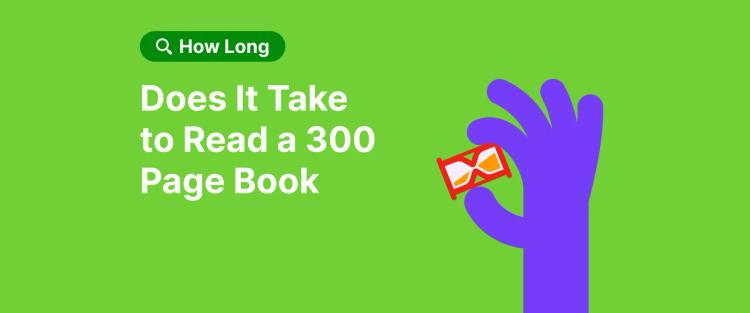Have you ever tracked how long it takes you to read a 200-page book? As you know, the average reading speed of most adults ranges between 200 and 300 words per minute (WPM). With the typical number of words on a single page being 500, reading 200 pages can take 3.5 to 5 hours for an average person.
Want to go beyond average and finish a good book in less time? Then, try expert-backed time-management techniques and productivity tips to improve your fast reading and retention skills. Inspired by nonfiction books like 'The Miracle Morning' by Hal Elrod, 'The ONE Thing' by Gary Keller and Jay Papasan, and 'The Power of Habit' by Charles Duhigg, we’ve gathered these insights into a collection of Headway's short book summaries.
Quick tips for finishing a 200-page book faster:
Start your day with short, focused reading sessions: Use morning time when your mind is fresh.
Set one clear reading goal: Focus on your main purpose for reading.
Use time blocking: Schedule uninterrupted reading chunks to boost focus and retention.
Break your reading into manageable chunks: Plan to read 20-30 pages per session and adjust as needed.
Turn idle moments into reading time: Use your commute or breaks to listen to Headway book summaries or read quick sections.
Keep going for more speed-reading hacks from top experts and self-education specialists!
Six powerful steps to read faster and retain more
Improve your reading speed and memory with six proven strategies from trusted self-growth experts like Hal Elrod, Charles Duhigg, and Greg McKeown. Their practical tips will help you build lasting habits and finish a 200- to 300-page book faster.
1. Boost your focus with short morning reading sessions
Hal Elrod's S.A.V.E.R.S. method from his bestseller 'The Miracle Morning' suggests kicking off the day with uplifting habits: Silence, Affirmations, Visualization, Exercise, Reading, and Scribing. Adding short reading sessions during your morning ritual sets a powerful tone for the day.
Try to wake up 20 minutes earlier to read a few pages from a book that excites you or boosts your skills. This focused morning time is free from distractions, so your brain is fresh and more receptive. As a result, you set yourself up for a more productive day and keep your mind sharp even though the workload may be overwhelming.
Over time, a quick reading session early in the morning will become a daily habit, and the large number of pages won't scare you away.

2. Pinpoint your reading goals for ongoing motivation
In 'The ONE Thing,' Gary Keller teaches that focusing on the one most important thing moves you forward faster than juggling many tasks. Focusing on a single goal helps you cut through distractions and preserve your energy. As Keller puts it:
"Amazing results are directly dependent on how narrow you can make your focus."
Knowing why you're reading will help you stay motivated and engaged. Apply this strategy to reading by identifying one key reason you want to read a specific type of book, whether it's mastering a skill, solving a problem, or personal growth. This method eliminates the temptation to skim through unrelated information or distractions.
You'll find it becoming much easier to stay on track and find time to read. Instead of trying to read multiple books at once or tackle a long list of goals, concentrating on one book with a specific objective in mind allows you to make steady progress. You'll be more likely to carve out dedicated time for reading during your day, whether it's in the morning, during lunch, or before bed. This focused approach increases your ability to retain and apply the key takeaways from each book.
3. Master time blocking to maximize reading productivity
With time blocking, you can schedule dedicated chunks of time for your favorite activities to help you increase your focus and reduce distractions. For instance, block 45 minutes in your calendar exclusively for reading, preferably during your peak focus hours, morning or early afternoon. As bestselling author and computer science professor Cal Newport explains:
"I take time blocking seriously, dedicating ten to twenty minutes every evening to building my schedule for the next day. During this planning process I consult my task lists and calendars, as well as my weekly and quarterly planning notes."
Turn off notifications, silence your phone, and commit to that session as non-negotiable. When reading a book, pay attention to the table of contents and major headings for easier navigation and better retention. These steps will help you improve your reading speed and understanding.
4. Design a flexible reading plan that grows with you
In 'Essentialism,' Greg McKeown describes the benefits of setting clear plans but staying flexible to adjust them if needed. Applying this to reading means setting realistic goals, like finishing a book in two weeks, and adjusting this goal based on your schedule and progress.
For example, you might decide to finish a book in two weeks, but life can often get in the way, whether it's a busy work schedule, personal commitments, or a more demanding reading section. In these cases, being flexible with your reading goals can help you stay motivated without feeling discouraged.
Plan to read 20 pages per day from James Clear's 'Atomic Habits' but track your progress weekly. If you find some chapters dense or lengthy, adjust your plan by splitting difficult chapters over two days, or try a short text or audio summary on the Headway app for better comprehension. This flexibility keeps you motivated to stick to your reading goals.
5. Turn free time into new reading opportunities
Charles Duhigg's bestseller 'The Power of Habit' highlights how habits shape our productivity, often through unconscious cues. Use your micro-moments of free time, waiting in line, commuting, or during breaks, to read or listen to your favorite book:
"Nobody can change your habits for you; you have to choose desirable habits each day."
So, instead of scrolling through social media or checking emails during downtime, make the conscious decision to open your book or listen to an audiobook. You can even use this time to catch up on your daily reading goal if you missed a session earlier in the day. Eventually, these mini-learning bursts build your knowledge and support faster reading by familiarizing your brain with key ideas.
6. Build your reading habit for lasting speed and retention
Stephen King once said, "I'm a slow reader, but I usually get through seventy or eighty books a year, most fiction. I don't read in order to study the craft; I read because I like to read." So, if you want to develop a strong reading habit, you need to stick to it and build consistency day after day.
After all, acting the same on a daily basis is the backbone of any successful habit. To make your new habit stick, identify a daily cue that triggers it, like morning coffee or bedtime, and follow it with your reading routine. Reward yourself with a sense of accomplishment or a small treat.
What makes you read slower? Three main causes explained

If you're reading slower than you want, three main factors are likely interfering with how your brain processes and remembers information. Let's explore what might be slowing you down and learn practical tips to help you read faster and retain more.
1. Distractions and lack of focus
When your environment or mind is cluttered, it's tough to read efficiently. For example, trying to read important work reports in a noisy café or while constantly checking your phone splits your attention, causing frequent regressions, where your eyes go back to re-read lines, slowing you down.
To avoid this, schedule dedicated reading blocks free from interruptions, as advised by Cal Newport in 'Deep Work.' First, turn off notifications. Then, close unrelated tabs or find a quiet spot to focus. You'll soon see how blocking 25–30 minutes of uninterrupted reading can boost your speed and comprehension.
For more essential tips, explore the full summary of 'Deep Work' by Cal Newport on the Headway app.
2. Reading without purpose or engagement
Your brain never fully engages when you're passively skimming pages without a clear goal. Imagine flipping through a self-help book without thinking about how to apply its advice. In this case, the information is less likely to stick, and your reading speed suffers as you zone out.
Take notes from Kam Knight's 'Speed Reading' methods by setting clear objectives before each session. Actively highlight, annotate, or summarize as you read. This approach keeps your mind engaged and helps you move faster through the material while improving retention.
3. Complex or unfamiliar content
Dense or technical material naturally slows most readers down. For example, reading a medical textbook or a complex philosophical treatise requires more time to absorb and understand than a light novel.
Use strategies from Barbara Oakley's 'Learning How to Learn' by breaking down difficult content into manageable chunks. Pause regularly to summarize what you've learned or explain it aloud in your own words. Pair this with spaced repetition techniques to reinforce memory and tackle complex texts more confidently and efficiently.
How long does it take to read 200 pages? Reading time chart by speed
Tracking your reading speed is a powerful way to set realistic goals and manage your time, especially when tackling longer reads like a 200-page book. The following chart breaks down how long it typically takes to finish 200 pages based on different reading speeds, measured in words per minute (WPM). Whether you're a slower reader or a speed reader, understanding where you stand helps you plan your reading sessions better.
| Reading Speed (WPM) | Words in 200 Pages | Estimated Reading Time |
|---|---|---|
150 WPM (Slow Reader) | 55,000 – 60,000 | 6 hrs 7 min – 6 hrs 40 min |
200 WPM (Average) | 55,000 – 60,000 | 4 hrs 35 min – 5 hrs |
250 WPM (Above Avg) | 55,000 – 60,000 | 3 hrs 40 min – 4 hrs |
300 WPM (Fast) | 55,000 – 60,000 | 3 hrs 3 min – 3 hrs 20 min |
500 WPM (Speed Reader) | 55,000 – 60,000 | 1 hr 50 min – 2 hrs |
This chart will empower you to plan realistically, improving your overall comprehension level and retention rate. Use this as a practical guide to tailor your daily reading routine and make the most of your learning journey.
Estimate your reading speed: Top online tools and resources
Estimating your reading speed is a smart first step toward improving your reading efficiency and planning your study or leisure time better. Several online tools and resources can help you measure your words-per-minute (WPM) reading rate quickly and accurately.
Online reading time estimator
Visit Phrasefix's tool to input text or word count.
It calculates your estimated reading time based on your pace, helping you plan your reading sessions realistically.
Headway book summaries app
Use the Headway app with 15-minute summaries to track how many you read daily.
Compare the time spent with the average word counts to estimate your reading speed.
Plus, build a habit of bite-sized learning that boosts both speed and retention.
DIY timer method
Choose a book page with a known word count.
Use a stopwatch to time how long it takes you to read the page aloud or silently.
Calculate words per minute by dividing the total words you read by the time in minutes it took you to read them.
Compare your results with the estimated reading time (print books can include this at the back of the cover, while Amazon Kindle tells the time left to finish an electronic book right on the screen)
Using these tools regularly will help you understand your reading speed, improve your efficiency, and make your reading time more productive and enjoyable.
Become a fast reader with Headway book summaries
Reading 200 pages can take up to 5 hours for average readers, but you don't need to block out an entire day for this. You can speed up your reading without sacrificing retention by setting clear goals, building consistent habits, and embracing focused productivity techniques from leading experts.
Remember, your aim is not just to read fast but to read consistently, gaining knowledge that sticks and enriches your life. To achieve this, browse through top learning books, self-education guides, and productivity manuals from Headway’s collection of text and audio book summaries. With bestsellers like 'Essentialism' by Greg McKeown and 'The Power of Habit' by Charles Duhigg, reading books will become your new positive habit one day.
Ready to take your reading to the next level? Download the Headway app and start your journey toward smarter, faster, and more purposeful reading today.
Frequently Asked Questions
Can I finish a 200-page book in one day?
Yes, finishing a 200-page book in one day is possible, especially if you have strong reading skills and dedicate focused time. For example, if you read at 300 words per minute (WPM), it could take about 3 hours.
To achieve this, try scheduling multiple focused reading sessions throughout the day, turning off distractions, and applying techniques like active reading and skimming.
Is reading 30 pages an hour slow?
Reading 30 pages an hour is close to average or slightly below average for many adult readers, depending on the book's complexity. For a typical nonfiction book with about 250–300 words per page, this translates roughly to 125–150 WPM, which is slower than the average adult reading speed of 200–300 WPM.
However, this pace is reasonable if the material is dense or technical. To speed up, focus on building consistency and try techniques like time blocking and minimizing distractions.
Is 200 pages a long book?
A 200-page book is considered medium length. It's longer than a novella but shorter than many typical nonfiction or fiction books, which can range from 300 to 500 pages or more.
Many productivity and self-help books fall within this range, making them manageable reads if you set realistic daily goals. For example, reading 20 pages a day can help you finish a 200-page book in 10 days.
How long is a 200-word read?
Reading 200 words aloud usually takes about 1 to 1.5 minutes, depending on your pace. Silent reading is typically faster, around 30 to 60 seconds. This time can vary based on the difficulty of the text and individual reading speed.
Is it possible to read 20,000 words per minute?
No, reading 20,000 words per minute is beyond human capability. The fastest recorded speeds for effective comprehension are generally around 1,000 to 2,000 WPM for speed readers.
Anything faster likely sacrifices comprehension and retention. Focusing on improving comprehension at realistic speeds, around 300–500 WPM, is far more beneficial.
Does reading increase IQ?
While reading alone doesn't directly increase IQ, it enhances vocabulary, comprehension, critical thinking, and knowledge. These factors contribute to better thinking and problem-solving skills.













